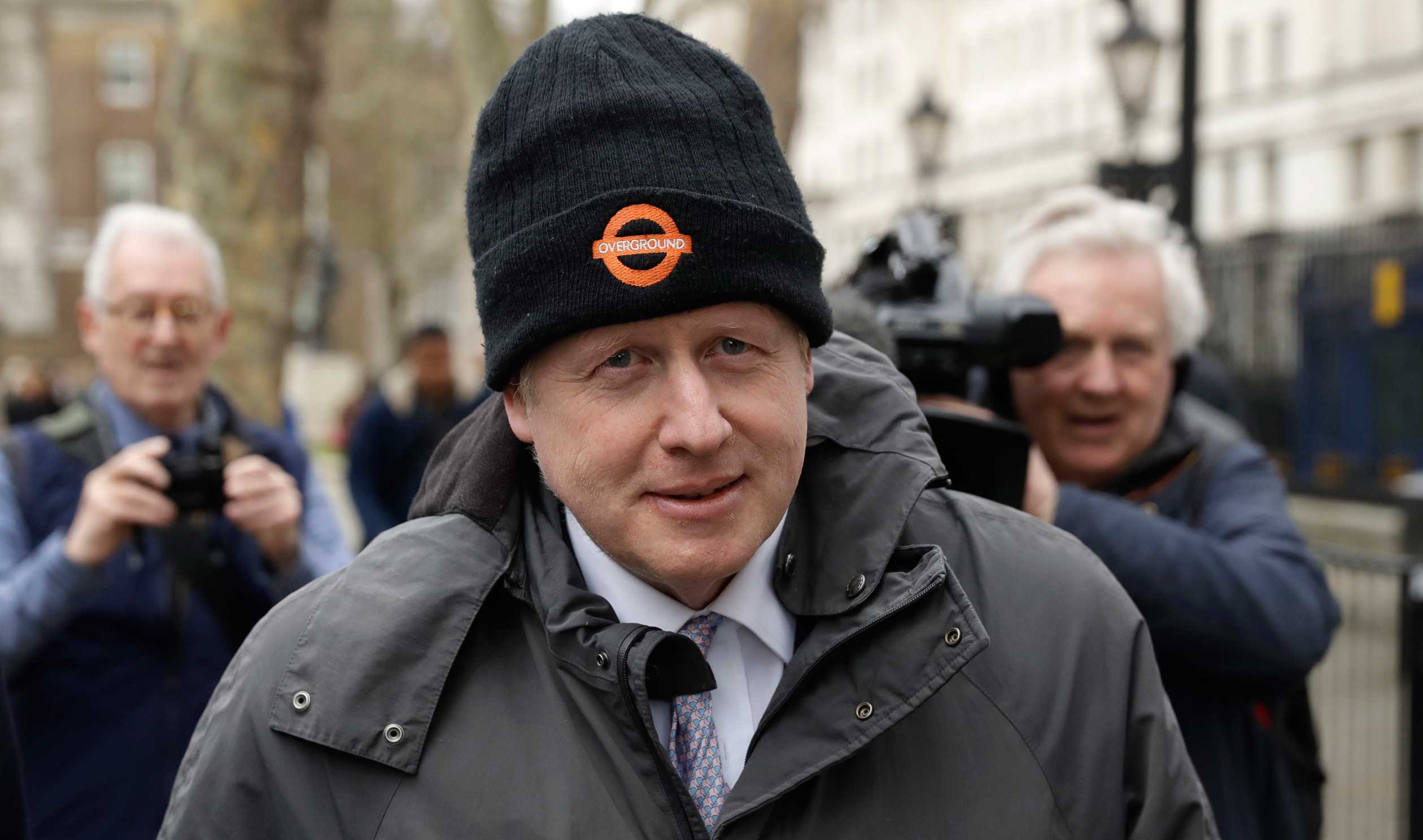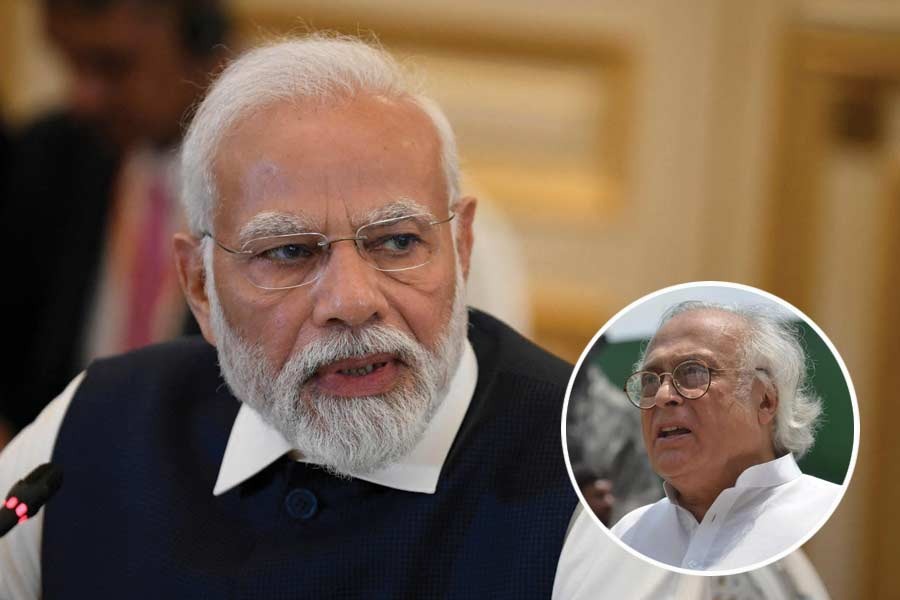A day after declaring Narendra Modi’s landslide win was “bad for India’s soul”, The Guardian is equally devastating about Theresa May, declaring she leaves behind “a poisoned legacy”.
Not everyone is thrilled with Modi’s return to power but, at least, in India, there is no doubt that the people have given the Prime Minister and his BJP government a clear majority.
The contrast with Britain, where the Brexit problem has divided the nation and appears insoluble, could not be greater.
“Polarisation and radicalisation are making Britain ungovernable,” concludes The Guardian.
The Daily Mail acknowledges May made mistakes but says she always acted in good faith, “which is more than can be said for most of the vipers around her. An honourable Brexit was in our grasp. But the political class spurned it — placing personal prejudice and hubris above pragmatism and the national interest.”
The Daily Express is equally candid about the state of modern Britain: “We are a divided people with a fractured Parliament. Tribal by nature, our very worst instincts have risen to the fore.”
Boris Johnson, the front runner to replace May from among possibly a dozen candidates, has already caused controversy by telling an economic conference in Interlaken, Switzerland, of his determination to take Britain out of the EU at any cost.
“We will leave the EU on 31 October, deal or no deal,” he pledged in a message that will prove popular with 120,000 members of the Conservative party (average age 57) who will choose the next Tory leader from the two candidates put forward by 300 Tory MPs in the Commons.
The EU has made it clear it will not change the withdrawal agreement May negotiated but which she failed to get through the Commons on three occasions. The one scenario MPs are agreed on is that Britain should not walk out of the EU without a deal — although they cannot agree what that deal should be.
The Guardian points out in its leader comment on Saturday that in order to win the leadership, Brexiteers are now promising a “no deal” exit.
“The country now faces a Conservative leadership contest fought in a fact-free arena,” it states.
“The candidates must appeal to their parliamentary colleagues and then to a membership numbering little more than 120,000. That electorate is not by any measure representative of the country, being older, whiter and richer than the average citizen.
“A majority of card-carrying Conservatives are also happy to proceed with a no-deal Brexit, perhaps because they are financially insulated from its appalling consequences or because they do not believe the dangers are real.
“They will demand reckless pledges before handing the keys to No 10 over to the next Prime Minister. That could be Boris Johnson, the bookmakers’ favourite, or someone who outmanoeuvres the former foreign secretary by co-opting some of his bogus arguments.
“The Tory leadership contest will burden any victor with commitments that militate against a solution to the Brexit crisis — a promise to renegotiate the withdrawal agreement, for example. That will not happen. The EU is not going to retreat from its current position at the behest of a radical Eurosceptic British leader animated by ideological hostility to the European project.
“That new Prime Minister will also confront the same parliamentary arithmetic that obstructed May’s efforts to achieve consensus.”
The new leader will have no mandate from the country and no majority in the Commons. The likelihood of an early general election or another referendum has therefore risen, even if the exact route is still unclear.”
As for May, it says: “She was poorly advised by ideologues who thought a hard Brexit could be achieved at minimal cost, but that is
no excuse. She chose to take the bad advice when it chimed with her own prejudices and rejected wiser counsel…..She preferred vacuity and dishonesty — ‘Brexit means Brexit’; ‘No deal is better than a bad deal’. She decommissioned the truth, afraid it might be used as a weapon against her.”










